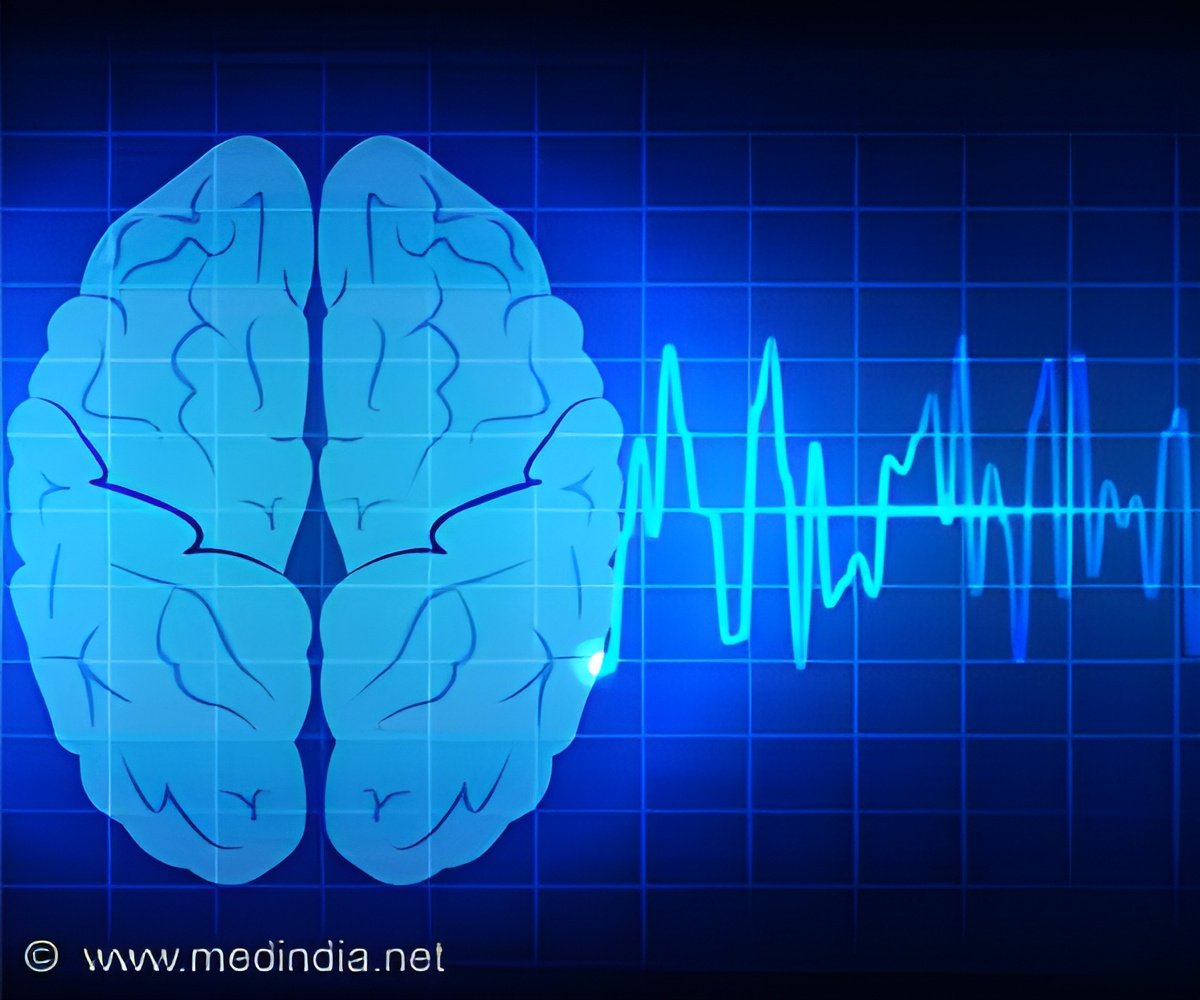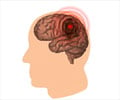Ischemic stroke patients who had seizures within seven days after their stroke were at increased risk of seizure recurrence and of being diagnosed with epilepsy.

‘The secondary prevention of ischemic stroke and controlling seizures with anti-epileptic medication during the twelve months after stroke are very important to prevent death and to decrease disability. ’





"In the United States, stroke is the most common cause of epilepsy in adults. In Mexico, stroke is now the leading cause of epilepsy in adults as well," said Erwin Chiquete, M.D., Ph.D., lead study author and a neurologist and researcher at The Salvador Zubiran National Institute of Medical Sciences and Nutrition in Mexico City. "However, we suspect that seizures and epilepsy in stroke patients are still under-recognized by physicians." In this study, researchers identified risk factors that predict the possibility of developing seizures or epilepsy (recurring seizures) following a severe stroke, and then assessed the impact of post-stroke seizures on death or disability up to one year after stroke.
Researchers analyzed electronic medical records data of 1,246 hospital patients without epilepsy upon admission, aged 18 to 94 (85% over age 40) and treated for acute ischemic stroke in 59 centers located in Mexico. After following the patients for 12 months, researchers found:
8% of stroke survivors suffered acute seizures within a week of their stroke, and almost 5% of these patients had at least one more seizure during the 12-month follow-up period.
Patients 18 to 40 years old were the most vulnerable group of stroke survivors. More than 13% of these patients developed recurrent seizures and were diagnosed with epilepsy.
Advertisement
The larger the injury to the brain from the stroke, the greater the likelihood of having a seizure. The odds of developing seizures were more than two times higher in people with severe brain injury from stroke and in those who had a second stroke.
Advertisement
Other factors that significantly increased risk of death or disability included being over age 65, severity of stroke, heart failure and atrial fibrillation.
"Our research suggests that severe ischemic stroke can cause epilepsy in a higher percentage of patients than we originally thought or has been shown in previous studies."
Source-Eurekalert















